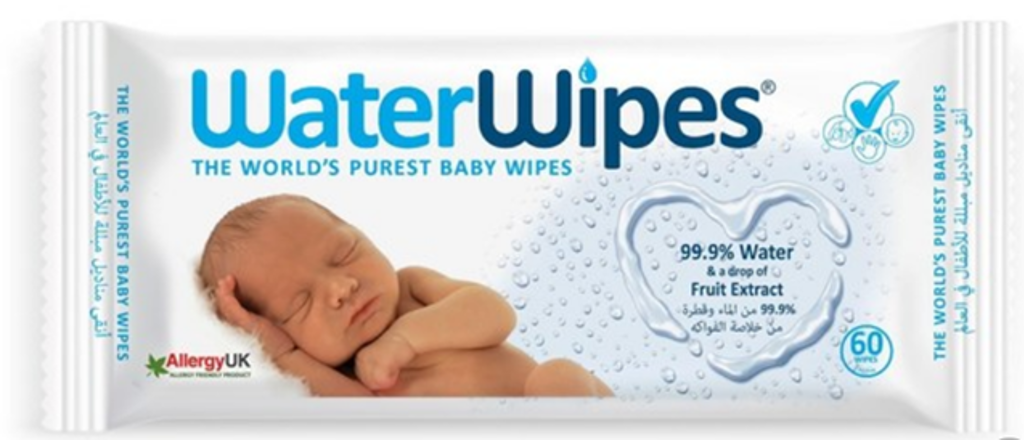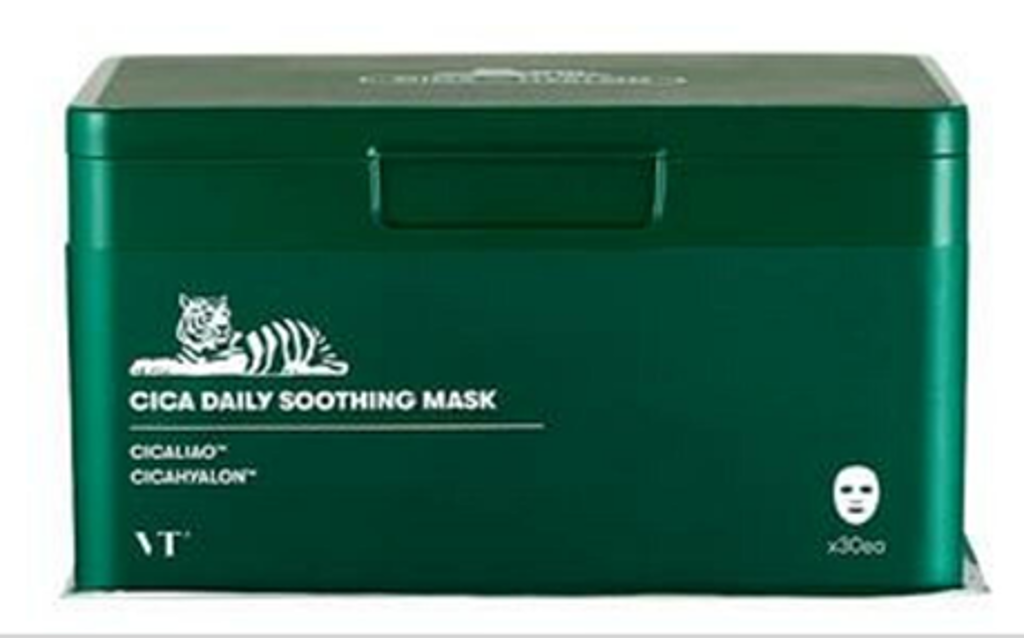In 2023, players throughout the supply chain are expected to embrace environmental, social and governance (ESG) factors more fully, to attract investors and consumers, comply with legislation, and gain competitive advantage. To meet targets, many companies are reconfiguring their portfolios and claims to be more sustainable. As consumer demand for sustainability continues to grow, Euromonitor takes a closer look at wipes—a category whose usage calls into question how to balance consumer convenience with environmental sustainability.
Sustainability is becoming more important to consumers overall but especially to hygiene and beauty consumers
Of sustainability’s three pillars—environmental, financial and social—environmental dominates the conversation, supported by Euromonitor’s Sustainability Survey which found that 66% of global respondents tried to positively impact the environment through their everyday actions in 2022. More global respondents in 2022 are using sustainable packaging (46%) and buying sustainably-produced items (31%) than in the previous year. Sustainability is becoming more top of mind in skin care: when looking for skin care products, about 17% of global respondents sought out environmentally-friendly or ethical features.
Green Activities That Consumers Undertake To Positively Impact the Environment Or Lead a More Sustainable Life, 2022
Companies continue to witness sustainability’s impact on their sales. According to Euromonitor’s Voice of the Industry survey, more than half of hygiene industry respondents and about two thirds of beauty and personal care industry respondents stated that ethical trends, such as being sustainably produced or with recyclable packaging, were very or extremely influential on their 2022 sales—more so than other trends such as personalised products and experiences and alternative distribution models.
The evolution of sustainability in wipes
Pandemic-reinforced cleaning routines have further positioned disposable wet wipes as convenient daily essentials. However, with consumers increasingly recognising the environmental consequence of wipes, a key source of microplastic fibre pollution, many purposefully gravitate towards products that impose less environmental harm. In response, wipes manufacturers are flexing innovation muscles.
Biodegradable claims grow alongside rising awareness of wipes’ flushability
Players are innovating beyond biodegradability to address waste concerns after usage. Nice-Pak recently launched Nice ‘N Clean moist toilet wipes, which, when flushed, break apart faster than toilet paper. Australia-based Conserving Beauty launched InstaMelt Day Dissolver facial cleansing wipes, using an oil-based formulation and patented technology that instantly dissolves in water after use, leaving no microplastic or waste behind. Similar innovations are expected from larger players as environmental concerns accelerate in 2023.
Sustainability through ethical ingredient sourcing becomes a key focus area
Under “Environmentally friendly” and “From Sustainable Sources (Product)” claims, players are communicating in detail how wipes are sourced. US club retailer Costco’s private label Kirkland baby wipes sources its wipes from “trees grown in environmentally managed forests and made into plant-based material in an eco-responsible manner”, while India-based Beco highlights its bamboo-based materials in its multiuse wipes. Codi Group, one of the leading wet wipes producers in Europe, collaborated with Suominen to launch Hydraspun Circula, a biodegradable, plastic-free, environmentally-friendly non-woven made from recycled paper.
Following high-profile product recalls and lawsuits, ingredient safety is in high demand. As a result, wipes often have a clean beauty proposition layered on top of a sustainability claim. US-based Honest Company’s Baby Wipes are not only 100% plant-based, but are also “hypoallergenic”, “dermatologist-tested” and contain “zero harsh chemicals”. Similarly, Pacifica’s Glowing Makeup Removing Wipes are not only 100% vegan, but do not contain parabens, phthalates, SLS or mineral oil.

WaterWipes, a baby wipes brand made with 99.9% purified water and with presence in the United Arab Emirates and India, is leveraging the popularity of microbiome claims through its microbiome-friendly certification.
Source: waterwipes.com
Sheet mask players introduce more sustainable packaging inspired by wipes players
Although not classified as wipes in Euromonitor’s Beauty and Personal Care system, single-sheet face masks are faced with similar sustainability obstacles, since they are often made of non-biodegradable polymers (although players are moving to bio-cellulose materials). Retailers like US-based Credo Beauty and UK-based Holland & Barrett have phased out selling single-use sheet masks due to waste concerns related to not only the product itself, but also the difficult-to-recycle packaging made of plastic and aluminium layers.

Source: Olive Young
To address sustainability concerns in packaging, face mask players have responded innovatively by leveraging packaging frequently used by wipes brands. South Korea’s VT’s Cica Daily Soothing 30 Mask Sheets bundles 30 single-use sheet masks in an upscale wipes box, while Japan-based BCL uses flexible plastic frequently used in baby wipes for its jumbo-sized Saborino Morning Face Sheet Mask. While switching to other wipes packaging will not solve recyclability issues completely, at minimum it acclimates customers to purchasing sheet face masks in bulk.
Outlook: Sustainability to wield greater influence on future sales
According to Euromonitor’s Voice of the Industry survey, four fifths of beauty and personal care industry respondents and almost 80% of disposable hygiene professionals believe that ethical trends will be very or extremely influential on their sales in the next five years, with beauty respondents from Western Europe and Australasia citing sustainability as having higher rates of influence in their regions. Retailer bans on plastic-based wipes, continued focus from manufacturers and suppliers, and legislation, such as the single-use plastic directive that was approved in the EU in 2019, will further build up sustainability momentum in wipes.

